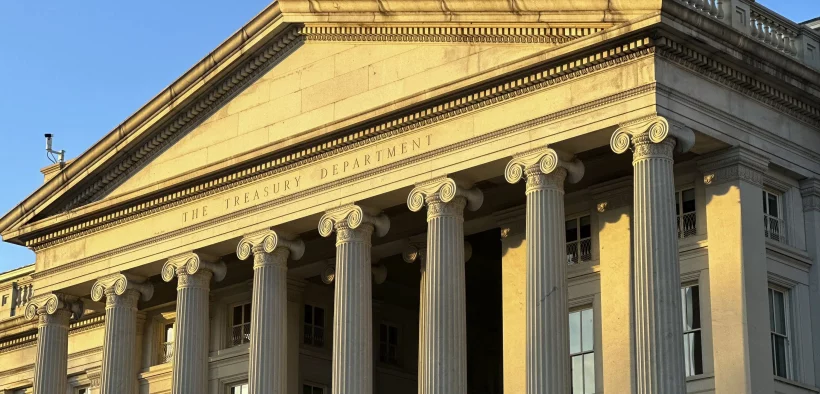Biden and McCarthy Square Off Over Debt Ceiling… Developing…
Share

The countdown toward a possible U.S. government default is in the offing — with frictions between President Joe Biden and House Republicans raising alarms about whether the U.S. can sidestep a potential economic crisis.
The Treasury Department projects that the federal government will on Thursday reach its legal borrowing capacity of $38.381 trillion, an artificially imposed cap that lawmakers have increased roughly 80 times since the 1960s. Markets so far remain calm, as the government can temporarily rely on accounting tweaks to stay open, meaning that any threats to the economy are several months away. Even many worried analysts assume there will be a deal.
But this particular moment seems more fraught than past brushes with the debt limit because of the broad differences between Biden and new House Speaker Kevin McCarthy, who presides over a restive Republican caucus.
Those differences increase the risk that the government could default on its obligations for political reasons, a problem that could rattle financial markets and — if not resolved — plunge the world’s largest economy into a wholly preventable recession.
The pair have several months to forge a deal, as the Treasury Department imposes “extraordinary measures” to keep the government operating until at least June. But years of intensifying partisan hostility have led to a conflicting set of demands that jeopardize the ability of the U.S. lawmakers to work together on a basic duty.
Biden insists on a clean increase to the debt limit so that existing financial commitments can be sustained, refusing to even start talks with Republicans. McCarthy is calling for negotiations that he believes will lead to spending cuts. It’s unclear how much he wants to trim and if his fellow Republicans would support any deal after a testy start to the new Congress that required 15 rounds of voting to elect McCarthy speaker.
Asked twice Wednesday if there was evidence that House Republicans can ensure that the government will avert a default, White House press secretary Karine Jean-Pierre said it’s their “constitutional responsibility” to protect the full faith and credit of the United States. She did not say whether the White House saw signs at this stage that a default was off the table.
“We’re just not going to negotiate that,” Jean-Pierre said. “They should feel the responsibility.”
For his part, McCarthy said Biden needs to recognize the political realities that come with a divided government. He equates the debt ceiling to a credit card limit and calls for a level of fiscal restraint that did not occur under President Donald Trump, a Republican who in 2019 signed a bipartisan suspension of the debt ceiling.



















